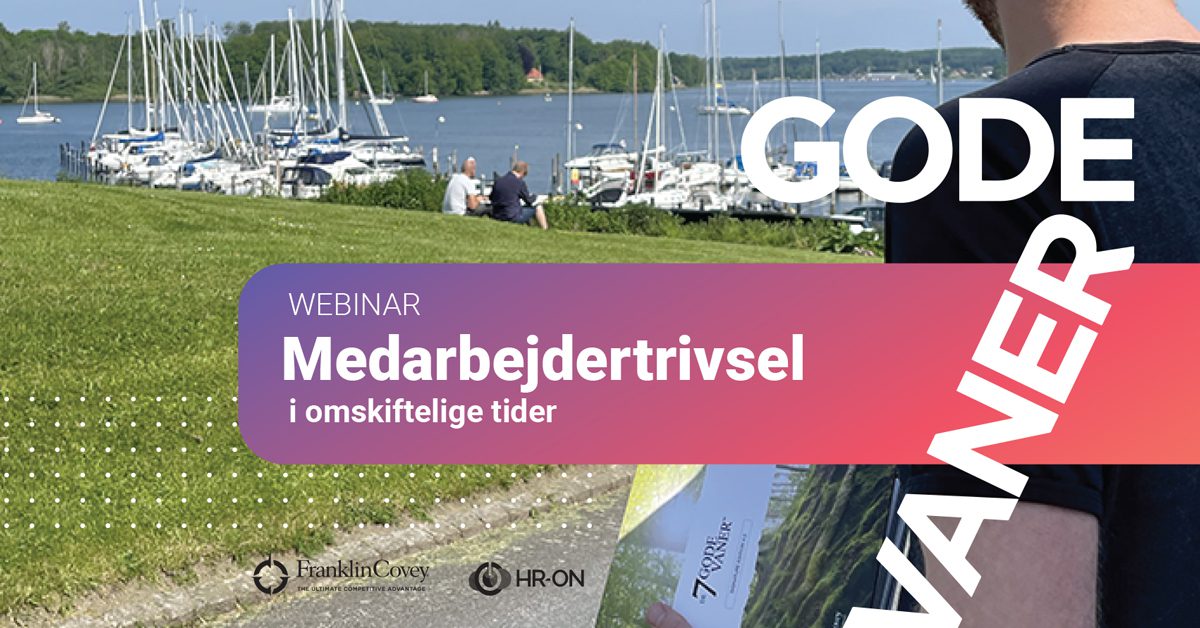
Advent article // No. 02
Employee Well-being in Changing Times
A balanced and effective work day is ideal for not only your professional life, but also your private life. However, it can be a challenge to achieve. This is where the 7 Habits of Highly Effective People come into play.
Advent article // No. 02
Employee Well-being in Changing Times
A balanced and effective work day is ideal for not only your professional life, but also your private life. However, it can be a challenge to achieve. This is where the 7 Habits of Highly Effective People come into play.
We are used to a life, where we are constantly wishing we had more hours in the day to get everything done. Sometimes it can feel demotivating to get started with a long list of weekly tasks and it can be hard to know where to start. Especially at work, the ever-growing stack of paper on your desk can be overwhelming. In this situation, it’s important to ask yourself, if you’re realising your most efficient potential in your working life. Do you spend enough time coordinating and planning, to make tasks more manageable and achievable? The answer is usually no.
FranklinCovey and HR-ON have teamed up to bring you a solution, both for companies and individuals, to help have a more efficient and balanced life. FranklinCovey is a consulting business which focuses on creating a healthy and results-oriented working culture. They have expert knowledge about productivity and management development.
Click here to watch the webinar about Employee Well-being with FranklinCovey and HR-ON.
Efficiency and well-being in the workplace are essential for a company’s success. However, improving well-being can be a challenge because it requires flexibility, as well as planning and coordination. It’s important to carefully consider where you use your time. The first step towards efficiency is focusing on your core habits. This provides a starting point from which you can begin your personal development. This mindset has proved to be especially important during unexpected situations like Corona, which has transformed the way we work.
Stephen R. Covey wrote a book entitled ‘The 7 Habits of Highly Effective People’, which guides you to a more efficient way of living. The methods highlighted in the book are about self-development, with the aim of becoming a better leader, employee, mother, partner, etc. You are encouraged to start from within and gradually you see changes on the outside. Moreover, the 7 habits of highly effective people helps businesses create a workplace focused on well-being. Especially in these changing times.
These 7 habits build on key concepts like the scale of maturity and change of habits. The first mentioned key concept is a scale that shows what levels you reach by implementing the habits in your everyday and working life. The scale provides an overview of where you are in your process. The overall goal is to go from being dependent on others to becoming independence. The other key concept focuses on how to change your old habits and which principles help achieve a balanced life. By using the 7 habits you avoid reactive behavior, which can have a negative effect on your workplace or everyday life.
Read more about the book The 7 Habits of Highly Effective People here.
The 7 Habits of Highly Effective People
This article will go through habit one and three in more detail. For further interest you can hear about the rest of the habits in FranklinCovey’s workshop, where together with your coworkers you can develop yourself and achieve desired results in your workplace and in your life. The first step towards efficiency is to focus on your main habits. This is a starting point from which you can begin your personal development.
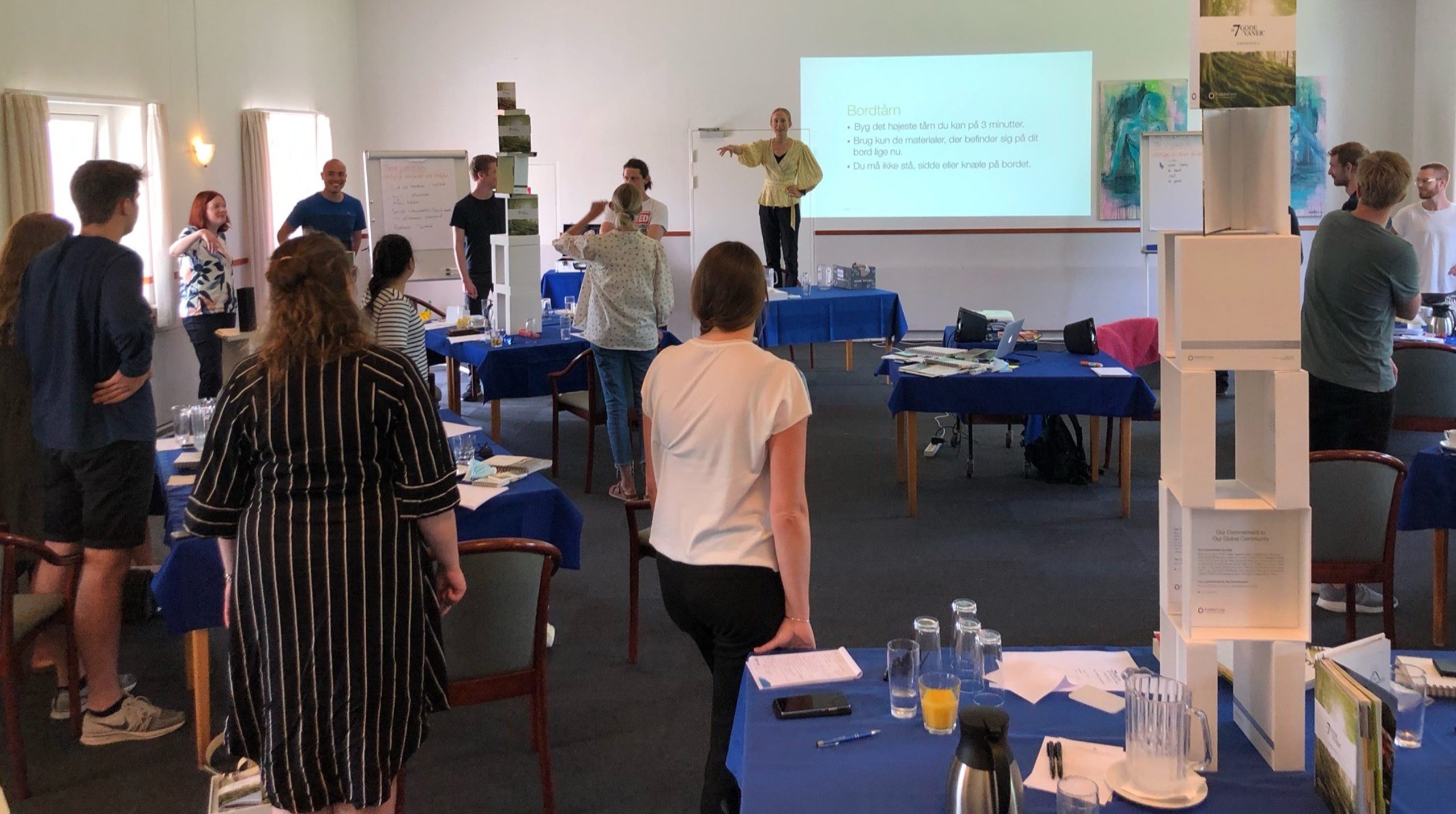
Habit 1: Be proactive
The first habit concerns taking personal responsibility for your own life. It sounds simple, but in every situation that comes your way you have a choice to be proactive. However, we do tend to make decisions based on the feelings and surroundings from our physical environment in the moment instead of our independent values. This can be harmful for your relations and the company’s performance because important decisions are being decided out of uncontrolled factors.
The question is how you can take the wheel and live a more proactive life? The first step is to think and react out of your inner principles and values, so you can achieve your desired results. It’s about pausing before you react and look within. You can ask yourself which effect your reactive behavior have on your relations and skills to achieve better results. In that way you can identify the issues about your behavior, which are pausing your development when it comes to your potential and growth. After that you can reflect on, which effects you want in relation to yourself, your relations, and your opportunities to achieve your desired development. Moreover, it’s a good idea to consider if your reaction is the most appropriate as well as what you can do to react more appropriately next time. By doing these steps you can identify your stop blocks when it comes to your behavior.
The next step is to implement proactive language in your everyday life. Our language use says a lot about how we perceive ourselves. We often have a reactive mindset where we resign our responsibility from different elements in our lives. An example of reactive language use is “I have to do it”. This sentence implies that your surroundings in life pressure you to do something you don’t want to do. It symbolises a lack of freedom to do what you would really like to do. This phrase could be replaced by saying “I prefer to do…”. Here you resign the victim role and take responsibility in the concerned situation.
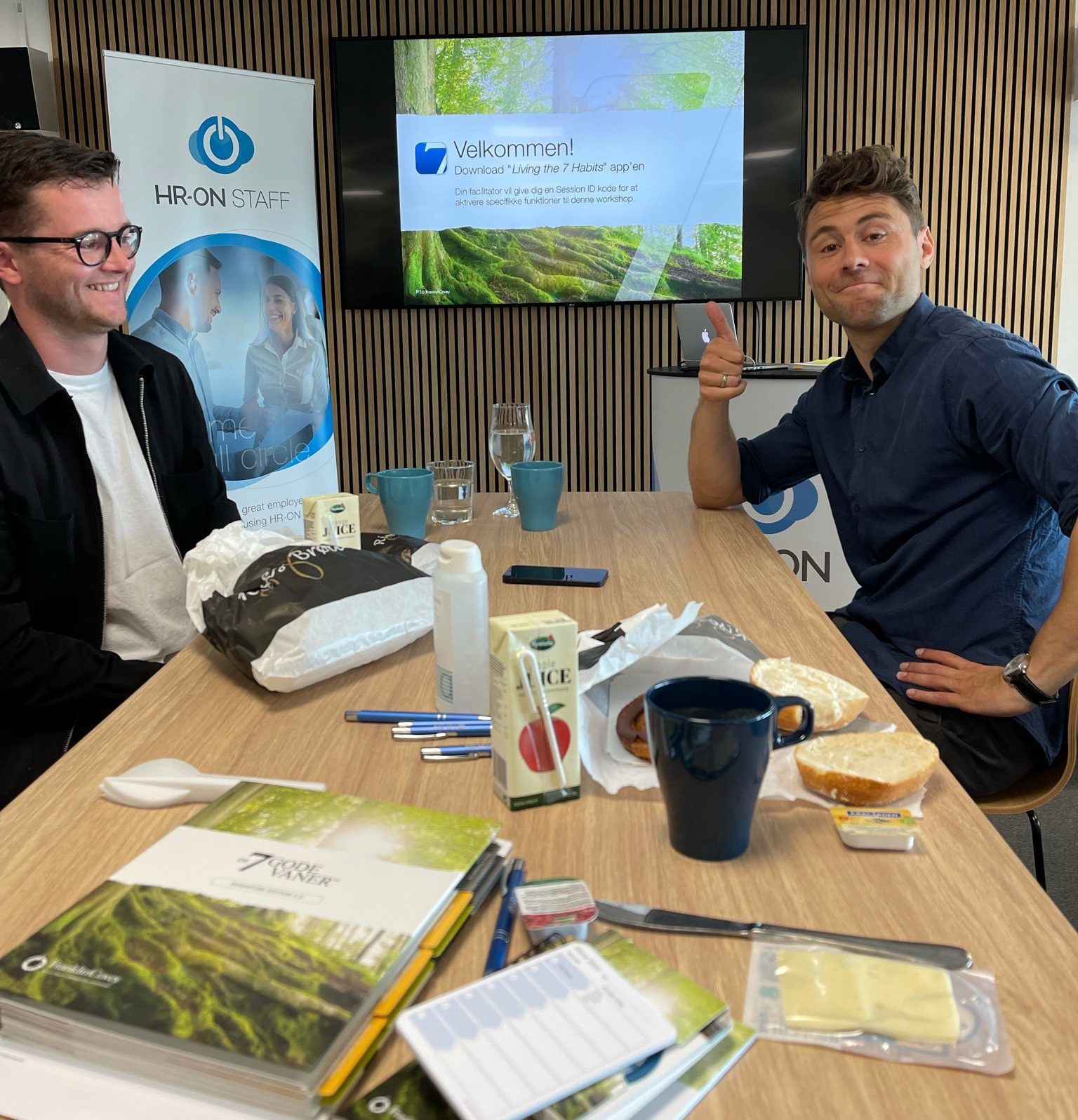
There if something to help you become more proactive. Covey has something called “the influence circle”, which consists of an outer and an inner circle. The outer circle is called “the circle of influence” which represents worries that you can’t do anything about. Conversely, the inner circle represents thing you can do something about. It can help you identify where you use your energy in your everyday life and work life. Thinking in this way, you can see which worries you can control and which you can’t. This is crucial for your proactivity. If you use all your energy on elements you can’t control, then you aren’t effective. To develop yourself you can reflect on which of your worries belongs to which circle. This will help you focus on the worries that you can do something about and then resolve them.
The last step in habit no. 1 is to convey your effective habits and express a positive behavior. It’s about being a role model for good behavior, especially if you are a leader. This will contribute to well-being in the work place and help avoid reactive behavior. In this step you can reflect on what habits you want to pass on and who to pass it on to. In that way you create an effective pattern in the work environment.
Habit 3: First things first
As the headline implies habit no. 3 concerns having a personal planning system. Said in another way, it’s about prioritizing and starting with the tasks that are most important. It’s here that your newfound independence comes into play and creates an effective control you can use in your workday. Often, we use our time on tasks that are most urgent. However, that creates a stressful private and work life where you can become affected by pressured situations. Instead, it’s important to prioritise the tasks that have the most meaning. Just like in habit no. 1 it requires implementing new habits to realize your goals.
The first step in habit no. 3 is to focus on tasks that are important. It is therefore crucial to deprioritize any tasks that aren’t important. In that way you define which assignments you should begin with. Moreover, it’s a good idea to plan your week so you know which tasks you are going to resolve first. A week plan makes sure that you stay on track, so you don’t prioritise tasks that aren’t important. However, it’s also crucial that you trust your decisions and your actions despite future challenges. Sticking with your decisions and plan is important in order to avoid reactive behavior that isn’t helpful in your everyday life.
There is something called ‘the time matrix’ which helps identify where your energy is being used. It’s made up of four squares and each square represents what is important or not in relation to weekly tasks. We tend to react on urgent tasks and deprioritize the important ones because they require action and initiative to complete. The 7 habits of highly effective people highlights that people use 90% of their time in Q1 (Covey, 2019), which contains activities like crises and problems. The issue is that Q1 gets bigger and bigger which can likely result in being over-stressed and potentially burn-out. Therefore, it’s recommended to try and focus more on Q2 instead where you will experience a more balanced everyday life with high productivity. To reach Q2 you must make an active decision and identify where in ‘the time matrix’ your habits belong. Moreover, you can reflect on which consequences comes with the square you are located in.
Other than that, ‘the time matrix’ can also be used to eliminate tasks that aren’t important. This is where squares Q3 and Q4 come into play. These squares belong under the category “not important”, where Q3 is “urgent” and Q4 is “not urgent”. If you use your energy in one of these squares, then you are not effective because no matter how urgent an assignment is, it isn’t important. Activities in Q3 are distractions from other tasks, for example, checking emails. Q4 is wasting time or work that creates no results. To achieve a more efficient everyday life you should identify which activities lie in Q3 and Q4, and then eliminate them from your weekly plan. Moreover, it’s a good idea to identify what keeps you from not solving your most prioritized tasks. This will help you to stay on track for your weekly tasks in the future.
If these steps are completed, you’ll find yourself spending your time and energy in a much more effective way. It’s a personal process in which you get better the more you practice implementing the 7 habits in your everyday life. Moreover, you will avoid using all your energy on wasted work and unnecessary tasks, and become more productive.
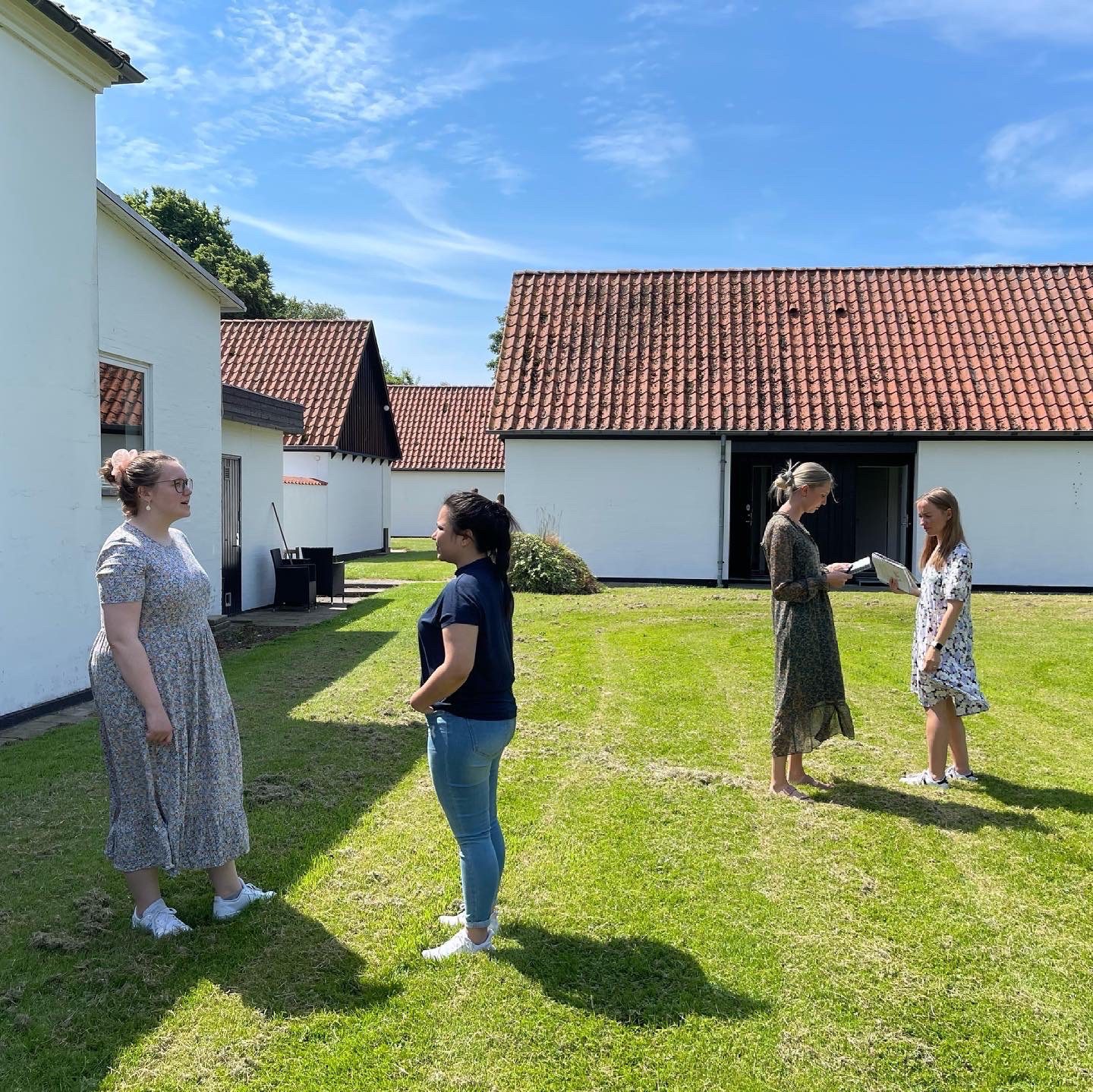
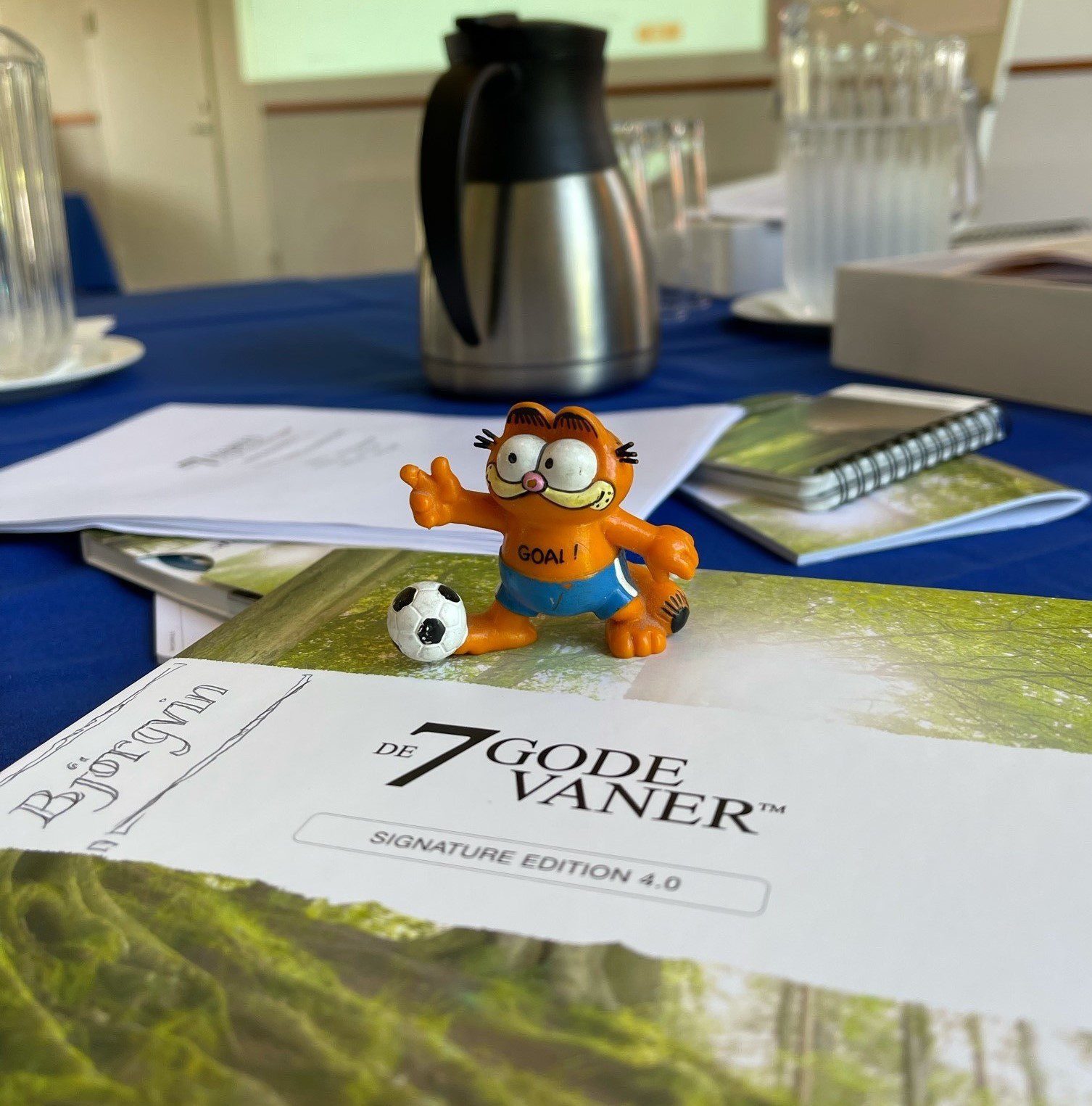
Why keep a daily balance?
So why should you spend time implementing these habits in your work and private life. Changing habits can be a big challenge because it requires a focused effort. Therefore, it can be a long journey.
One key reason to implement the 7 habits of highly effective people in your everyday life is to create a workplace where everybody thrives. To thrive is an important part of a work environment because it creates energy and efficiency. It contributes to well-being and trust within the team, and the better the employees thrive the better results a company reaches in the long-term. Furthermore, this can increase the quality of life of employees. It provides a motivating desire to work, which influences employee retention. In addition, when people thrive, this generally results in higher productivity, lower sickness and absence, and lower expenses for recruitment due to low turnover of employees. This allows companies to use its resources on other elements, that are more rewarding.
Other than that, through the 7 habits you learn how you manage your working life which become incredibly useful when you are managing others. For example, if you are a leader, it’s important to reflect on your leadership methods and how they can develop. This gives a common frame of reference and leads to changes in the culture that ensures employees thrive. However, in the long run it’s up to you if you want to implement the 7 habits in your work and everyday life. Ask yourself if you want to have more influence on your own personal growth and to reach a more proactive behavior. As mentioned, it’s a long journey, but you don’t have to go it alone. There are tools which can make your way towards efficiency and a balanced everyday life easier.
HR-ON has developed HR-ON Staff which gives you the opportunity to automate your tasks on an organizational level. The program provides an overview of which tasks you should prioritise in your everyday work life. It’s the optimal HR-solution for both private and public companies that have between 50-500 employees, no matter the industry focus. At the same time, the program helps with storage of master data, automization of administrative workflows, and is a helpful tool for pre- and onboarding of employees. It therefore helps you achieve a more efficient and organized everyday life and eliminate stress and burnouts.
You can book a demo of HR-ON Staff here
With the 7 habits of highly effective people and HR-ON Staff in hand, you are in a good position to achieve an efficient work place where you and your employees thrive. Especially in the changing times. In the end, it will result in achieving desired results and goals, where the company’s resources can be used in a more efficient way.
